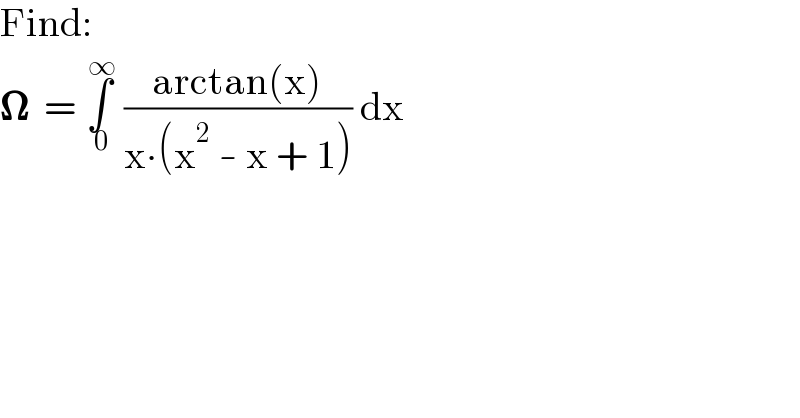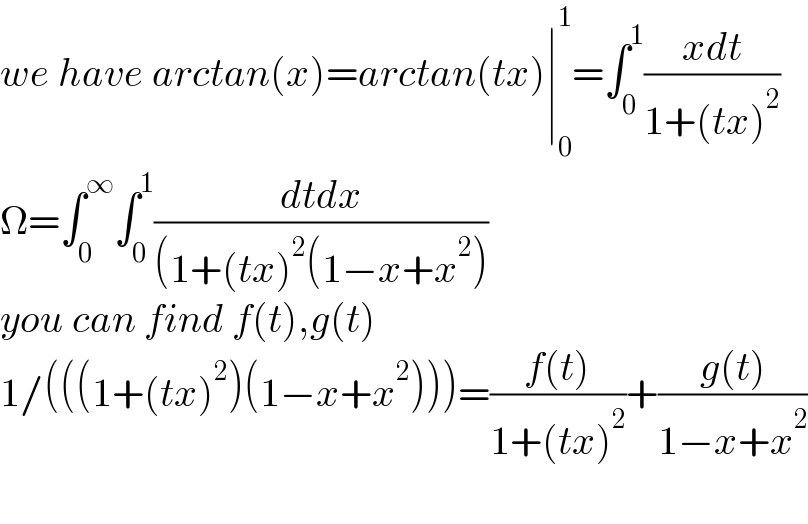
Question and Answers Forum
Question Number 162792 by HongKing last updated on 01/Jan/22

Answered by phanphuoc last updated on 01/Jan/22

| ||
Question and Answers Forum | ||
Question Number 162792 by HongKing last updated on 01/Jan/22 | ||
 | ||
Answered by phanphuoc last updated on 01/Jan/22 | ||
 | ||
| ||